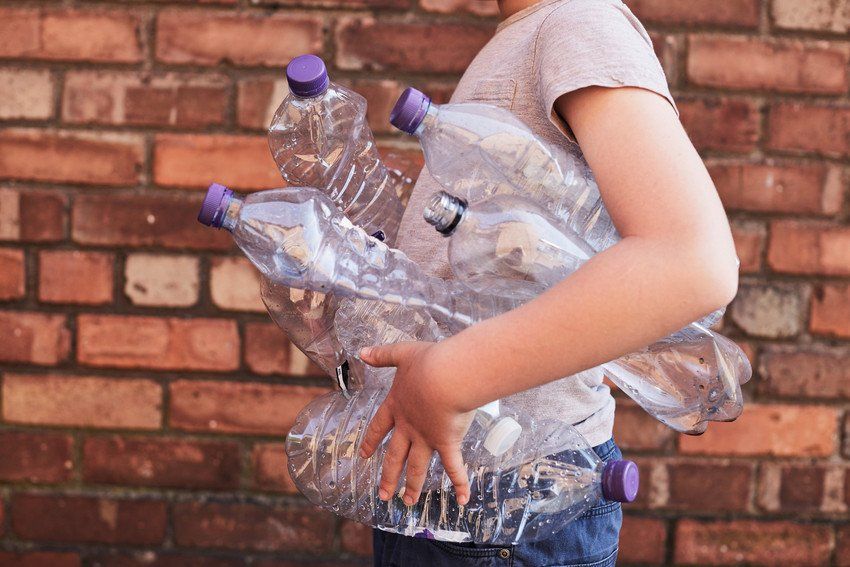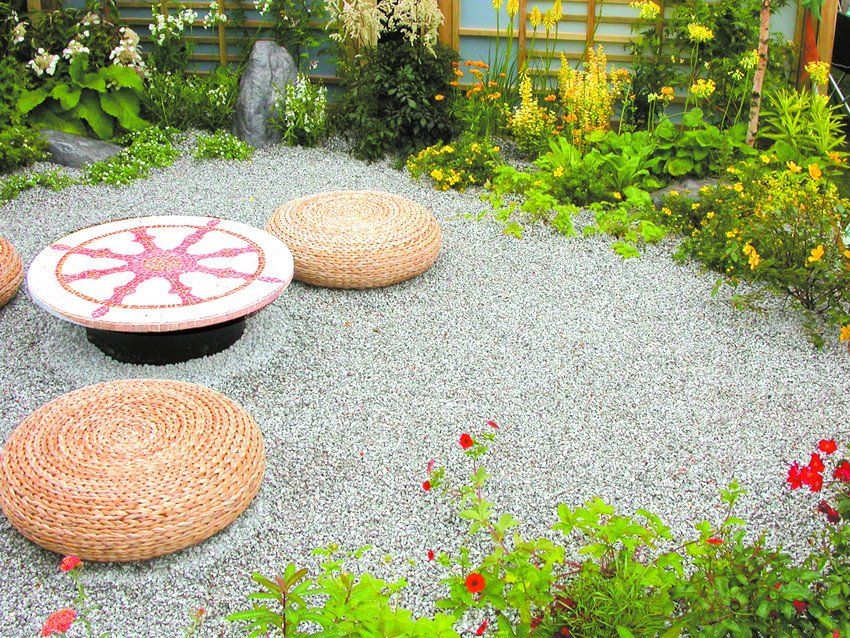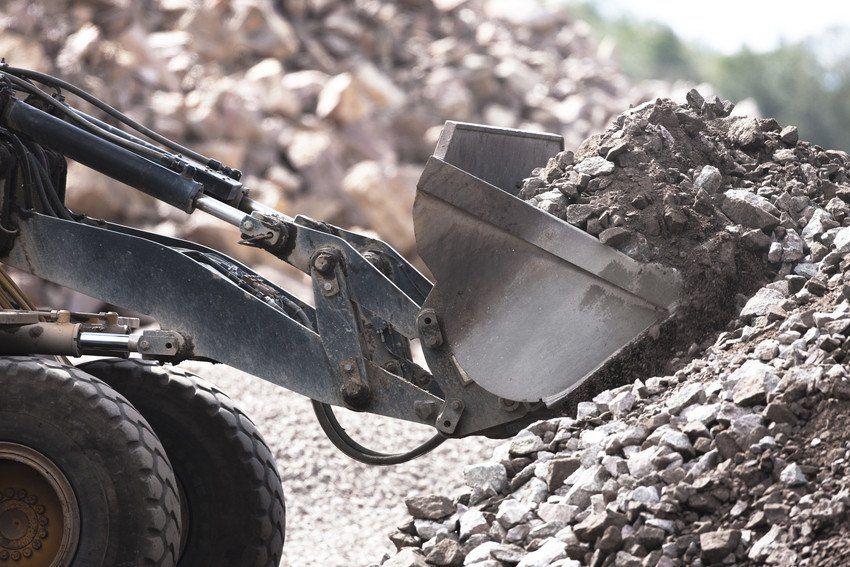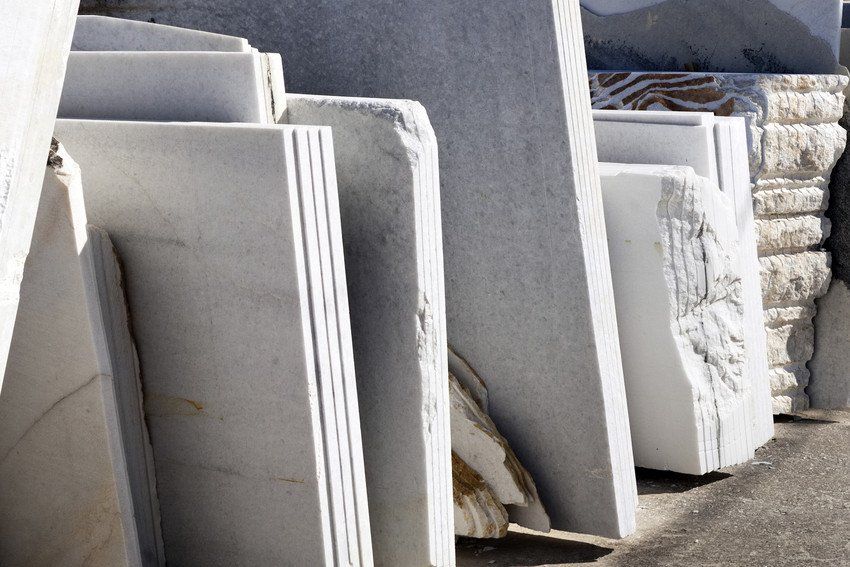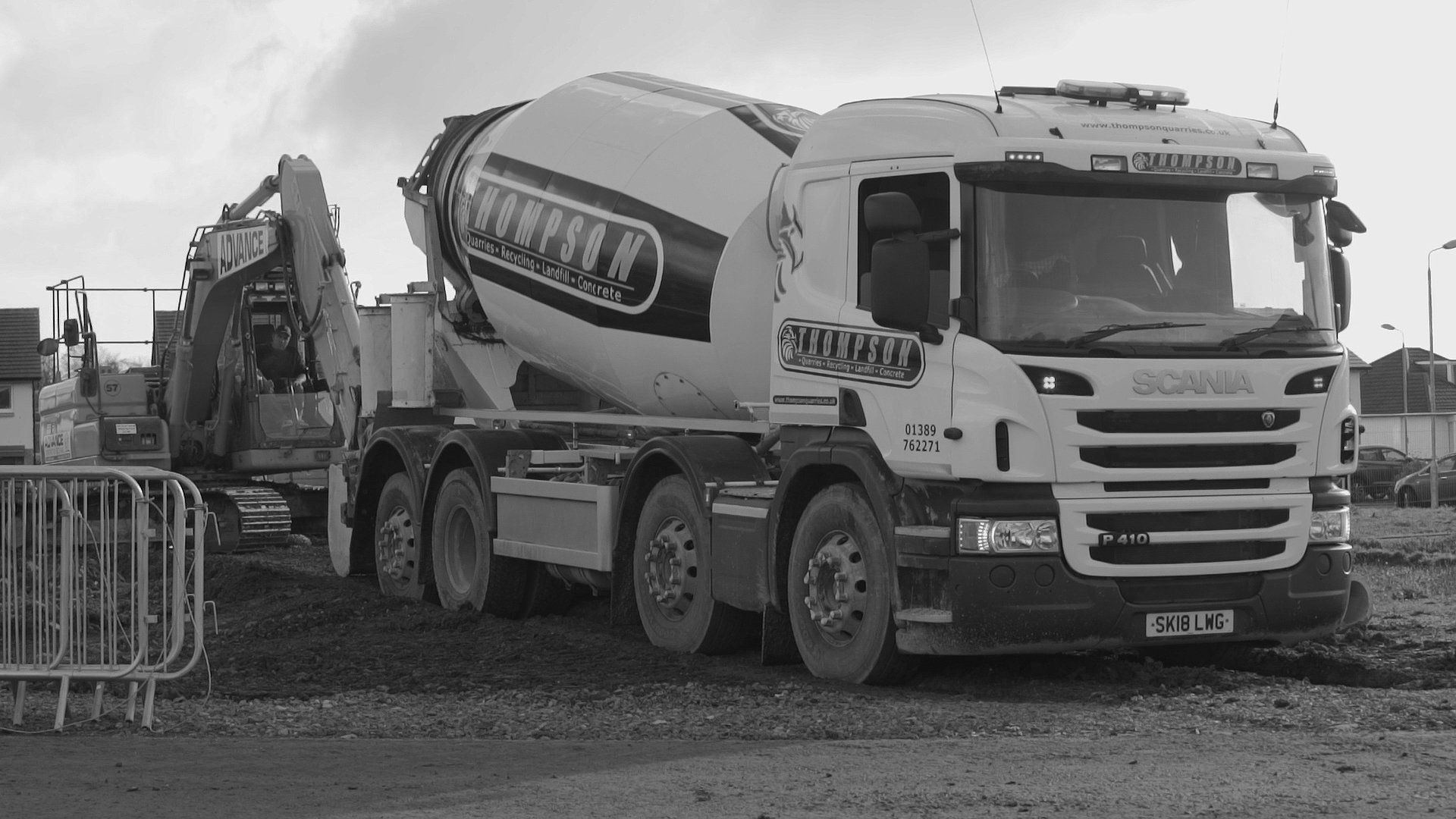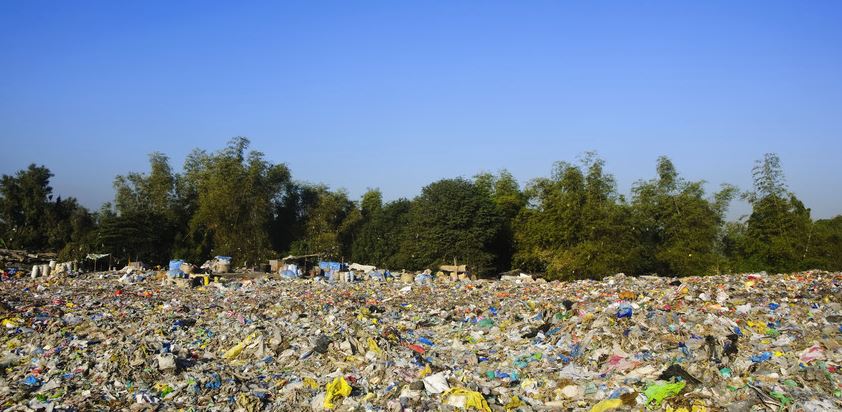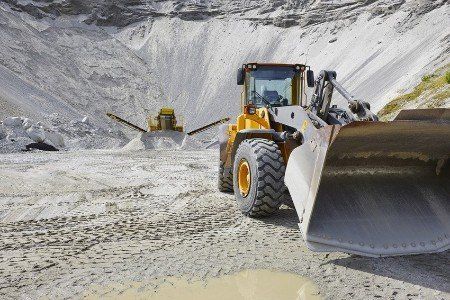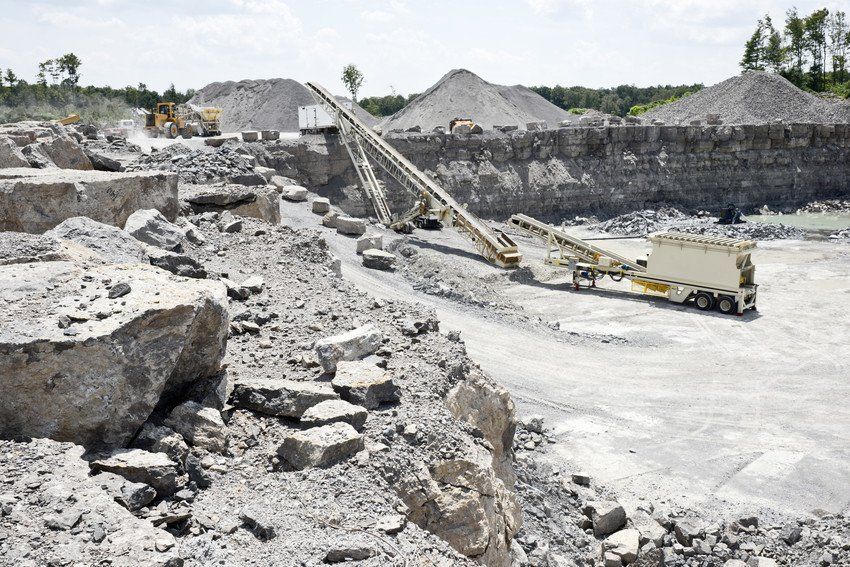How Has the Planet Changed? A Brief Timeline
- By William Thompson & Son
- •
- 20 May, 2020
- •

Planet Earth is not how it was a thousand or even millions of years ago and this can be largely attributed to the impact of humankind. From poor management of natural resources to increasing pollution and changes in weather conditions, we have a lot to be responsible for. For example, did you know that when you throw plastic bags and other plastic materials in the ocean, it kills as many as 1 million sea creatures annually?
However, today we are a lot more aware of what’s gone wrong and how we can minimise environmental problems through sustainable choices and green living. In fact, there are probably a lot more things that you can as an individual or business than you realise and every small change makes a big difference. So, where did these issues stem from?
At WM Thompson & Sons, we’re aware of the issues associated with quarrying, but as a business, we do all that we can to provide sustainable solutions for our customers such as providing recycled aggregates and responsible waste disposal services. If you’re looking for ways to make your construction project, business decisions or lifestyle greener, we’ve put together this useful blog to tell you a little bit more about how the planet has changed.
When did the environment start changing?
It’s hard to determine when the planet’s condition began to change, however, it’s been argued that around 1610 marks the beginning of Anthropocene - a time of significant human impact on Earth’s geology and ecosystems also known as the Age of Man. During this time, a transition towards a modern era was happening and around 150 years later the Industrial Revolution was born.
Between around 1750 and 1840, the Industrial Revolution began in Europe and the United States, marking the beginning of new manufacturing processes, production and the increasing use of steam and water power. This movement is considered one of the most important turning points in history as almost every aspect of daily life was influenced by the changes. But what did this mean for our planet?
One of the major changes that started to occur was a big increase in air pollution. As the world saw big improvements in transportations such as better roads, steam trains, ships and cars, air quality degraded. As a result, this affected human health as it does today, with significant events such as the great London smog of 1952 that killed 4,000 in one week, not to mention the devastating effects on the environment.
Society today wouldn’t be as advanced as it is today without the Industrial Revolution, but there is no denying that we are still living with the effects. However, throughout the centuries society has become a lot more aware of this and has made changes to combat these problems such as the Clean Air Act 1956. A new awareness now means that we know a lot more about how we can help such as using public transport or cycling instead of going in the car and businesses have more of a responsibility to work using greener processes.
Mining and quarrying in the UK can be dated back as far as the 14th century. Although the UK is small compared to other countries, we have some of the best tones in the world. Elsewhere, quarrying is found evident in ancient civilisations such as the Egyptians and Romans who extracted limestones.
When the Industrial Revolution hit the UK this also impacted the quarrying industry as new and improved machinery meant raw materials could be extracted a lot quicker and in much bigger quantities, most of which is still used today. However, an excessive amount of quarrying has led to a major depletion of raw materials as they have been quarried at a quicker rate than they are replenished.
One important way of making quarrying sustainable is by using recycled aggregates. This means reusing materials from demolition sites for example. Recycled aggregates are still high-quality, but the main benefit is they are eco-friendly as they slow down the need for raw materials. For construction companies, this is a cost-effective option that also ensures you reduce your carbon footprint too.
Here at WM Thompson & Sons, we specialise in high-quality recycled aggregates that are suitable for a range of construction projects. The aggregate we supply have been tested through rigorous control procedures to provide you with the best materials. Find out more today.
Another major change for the planet is the amount of rubbish we produce and climate change problems. In the early 20th century plastic was first introduced marking the start of a new era. From packaging to products, plastic has been used in so many ways but simultaneously this has resulted in a huge increase in rubbish and waste. Additionally, climate change, which means warming up or the planet and an increase in extreme weather conditions, has been caused by the burning of fossil fuels.
These changes have occurred over hundreds of years, but there are several things that we can do to slow the process. Firstly, rubbish needs to be sorted, recycled and reused in the right way. In 2025, 44.3% of household waste was recycled but more can be done. Landfill sites are now mainly used for materials that cannot be recycled and this is done in safer ways than before. Climate change, on the other hand, has been harder to control but using less energy, using renewable energy and making sure that household appliances are used in energy-efficient ways.
What does the future of our planet look like?
Every month scientists warn us of the global effects our planet is facing such as more natural disasters and damage to the ozone layer, so we will likely experience this in the near future. On the other hand, the awareness that we now have means that we can find ways to make our future’s more sustainable. Luckily, green living is now a popular and recognised movement that all kinds of people, businesses and industries are doing their part for. It’s difficult to know what the future will bring but there are always more things that we can do to help!
WM Thompson & Sons: Sustainable services for your next project
At WM Thompson & Sons, we’re proud to be the go-to company for recycled aggregates and mix onsite concrete in Dumbarton, Glasgow and Lanarkshire. If you’re looking for high-quality building materials for your project, you needn’t look further than us. As one of the leading quarry aggregate businesses in the west of Scotland, we’ve got the experience and skills to deliver only the best service.
We also offer reliable waste disposal services for those looking to get rid of large amounts of waste. Unfortunately, not all materials can be recycled but our specialist team does all they can to ensure that the safest disposal option is used. We work closely with environmental agencies to keep every disposal in line with current regulations and avoid negative environmental impact. For more information, get in touch today.

